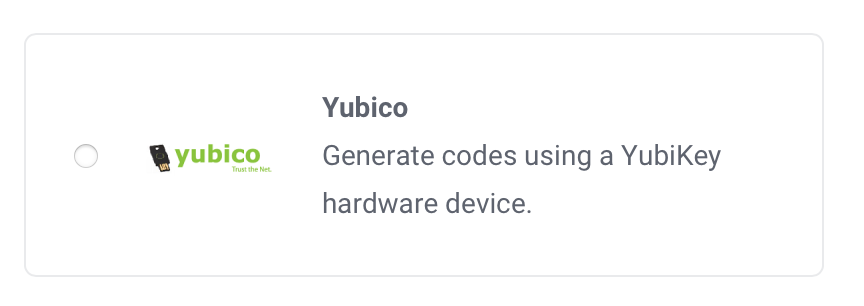Phishing is when someone manipulates you into giving away sensitive and confidential information, such as passwords and credit card details, among other things. Phishing scams can be in the form of emails, texts, calls and more.
Generally, phishing uses electronic communications, may it be emails, instant messages, or social media posts. They also use trust as a factor, as they often use accounts of people you know to get you into giving away sensitive information or taking malicious actions.
All it takes is one click, and your personal information is compromised. So how can you avoid phishing scams? Let’s begin with understanding how these scams work.
Types of Phishing Attacks
Essentially, attackers use one or more of the following:
Impersonation or Fake Authority Accounts
Some phishing scams use fake accounts of celebrities, politicians, company executives and brand representatives to get you into giving away information. Impersonation scams involve phishers pretending to be someone else, usually an authority figure, to spread untrue information.
Their goal is to damage brands or urge you to take action that’s either expensive or dangerous, such as sending over funds or giving away your banking details.
Personal Detail Theft
Phishing scammers may lead you to input your login details and personal data, such as an address, telephone number, birth date and mother’s maiden name.
Whether they’re looking for your login credentials or bank account information, they use your data to impersonate you. They can order products or empty your accounts through transfers.
Malware Installation
Phishers can use malware on your computer to log keystrokes like usernames and passwords, click on paid advertisements and run crypto miners.
Malware is most used in generating revenue for scammers. They use your computer to perform automated activities, aside from collecting your personal data for other purposes.
URL Shorteners
Links can often masquerade as another site, which means that when you expect the link to point to one site, it may lead to another. URL shortening is very common in social media sites, SMS messages and messengers.
Protect Yourself Against Phishing Scams
If you want to avoid falling prey to a phishing scam, you need to be more mindful, aware and take extra precautions. Here are some things you can do:
Install and Update Your Antivirus and Firewall
Install an antivirus and firewall combination on your computer, which protects you against phishing attacks. Pick trusted antivirus software and check reviews before installing.
In addition, constantly update your antivirus whenever new updates are available. An outdated antivirus application is just as dangerous as not having one.
Don’t Click on Links Without Checking for Security
Links are one of the most prolific phishing attacks since they can be harder to check for legitimacy. One way of approaching this may be never to open links sent to you, but that just won’t work.
It’s better to have a link checker in your installed security suite that checks all links for security and gives you the go-signal. If you don’t, you can copy-paste the link to a link checker.
Don’t Recycle Passwords
Never use the same password across multiple websites, or else you run the risk of compromising all of them. All it takes is for a phisher to hack one of your accounts and use your logins across different sites.
Conclusion
Always protect yourself against phishing attacks by understanding how phishers move and bait you. Once you know their tactics and be more mindful, you’ll better protect yourself against these scammers.
Binary Racks is a data hosting provider offering VPS hosting, cloud hosting, colocation racks and dedicated server hosting in the UK. We are committed to providing you with reliable and secure hosting solutions so that you can stay safe on the internet. If you’re looking for a customised hosting solution, get in touch with us! Let’s schedule a meeting to discuss your needs.




